Alpha-1 antitrypsin deficiency (AATD) is a genetic disorder that can lead to various lung diseases, including panlobular emphysema. It is caused by a deficiency or dysfunction of the alpha-1 antitrypsin (AAT) protein, which is produced in the liver and plays a crucial role in protecting the lungs from damage.
Normally, AAT functions as an inhibitor of an enzyme called neutrophil elastase. Neutrophil elastase is released by white blood cells to help break down and clear debris from infections or inflammation. However, when there is a deficiency of AAT, neutrophil elastase is not adequately controlled, leading to increased and uncontrolled destruction of the lung’s alveoli (air sacs). This process results in the development of emphysema, particularly of the panlobular subtype.
Panlobular emphysema, is a type of emphysema characterized by uniform and widespread destruction of the alveoli throughout the entire secondary pulmonary lobule. This pattern of emphysema is commonly associated with alpha-1 antitrypsin deficiency.
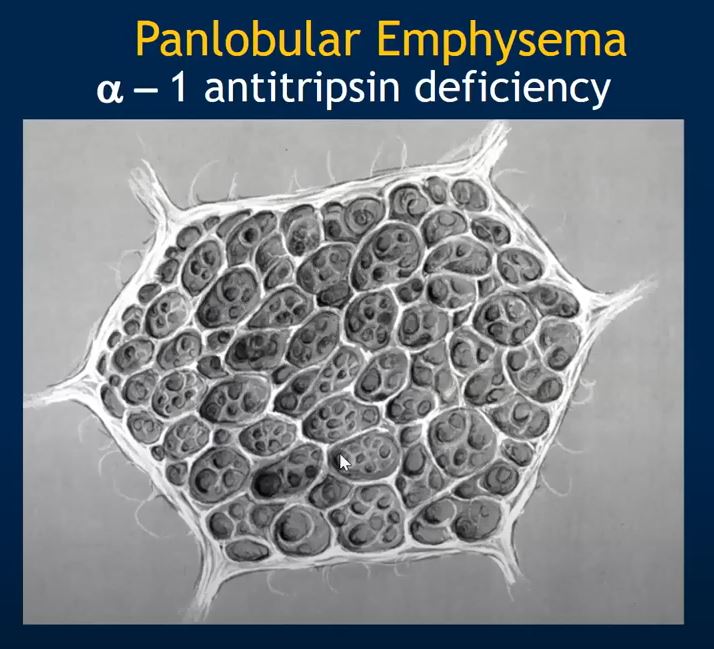
The symptoms of panlobular emphysema, like other forms of emphysema, include shortness of breath, chronic cough, wheezing, and decreased exercise tolerance. These symptoms usually develop gradually over time, and patients often have a history of smoking or exposure to other respiratory irritants, which can exacerbate the condition.
Diagnosis of alpha-1 antitrypsin deficiency is made through blood tests to measure AAT levels and genetic testing to identify specific gene mutations responsible for the condition. In individuals with a confirmed diagnosis of AATD and panlobular emphysema, treatment may involve the following:
- Replacement Therapy: Patients with severe AAT deficiency may benefit from augmentation therapy, which involves regular infusions of purified AAT to increase the protective levels in the blood and lungs.
- Smoking Cessation: Quitting smoking is crucial for individuals with AATD and emphysema, as smoking can further exacerbate lung damage.
- Bronchodilators and Other Medications: Bronchodilators and other medications may be prescribed to help manage symptoms and improve lung function.
- Pulmonary Rehabilitation: This program combines exercise, breathing techniques, and education to help patients better manage their lung disease and improve quality of life.
- Lung Transplant: In severe cases, lung transplantation may be considered for those with end-stage lung disease.
Early diagnosis and appropriate management are essential to slow down the progression of lung damage and improve the overall prognosis for individuals with alpha-1 antitrypsin deficiency and panlobular emphysema.
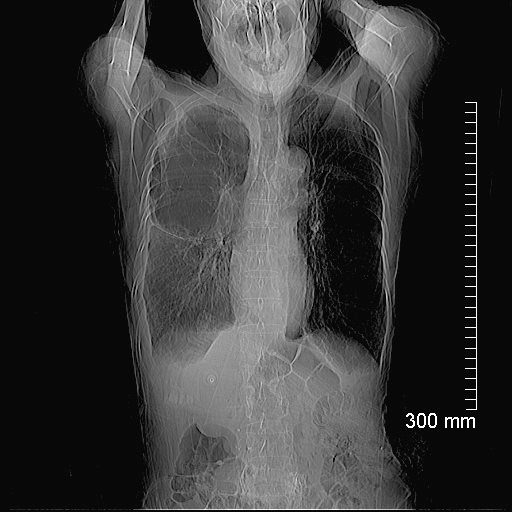
Scout film for the CT shows asymmetric hyperinflation
Ashley Davidoff TheCommonVein.net
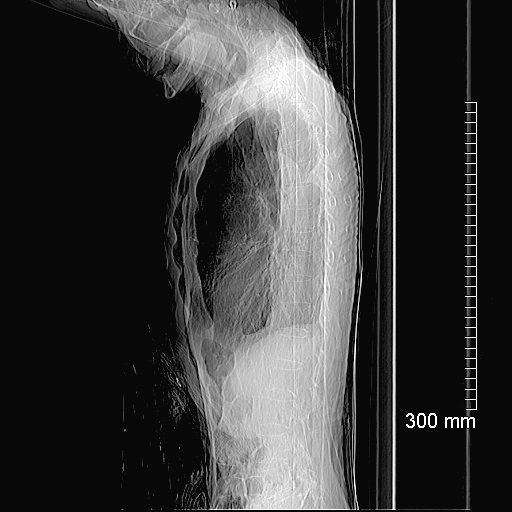
Scout film for the CT shows hyperinflation
Ashley Davidoff TheCommonVein.net
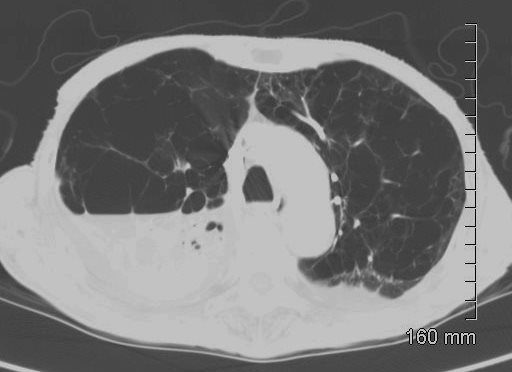
CT shows extensive severe bilateral asymmetric hyperinflation involving the upper lobes with a moderate right sided effusion with compressive atelectasis
Ashley Davidoff TheCommonVein.net
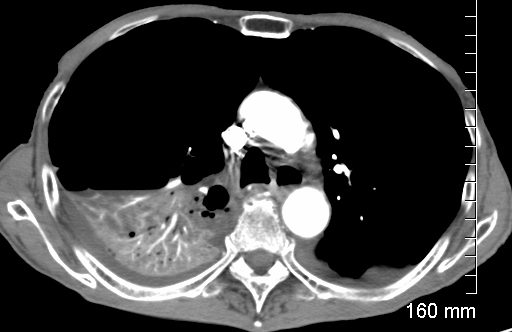
CT shows moderate right sided effusion with compressive atelectasis
Ashley Davidoff TheCommonVein.net
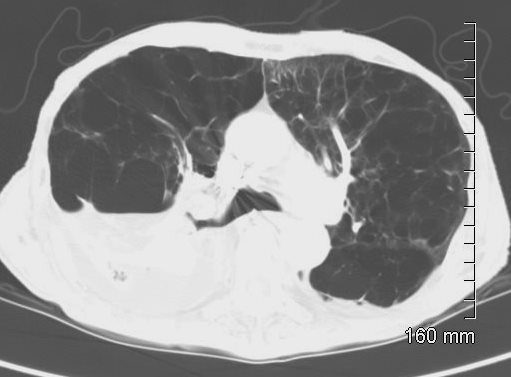
CT shows extensive severe bilateral asymmetric hyperinflation involving the upper lobes with a moderate right sided effusion with compressive atelectasis
Ashley Davidoff TheCommonVein.net
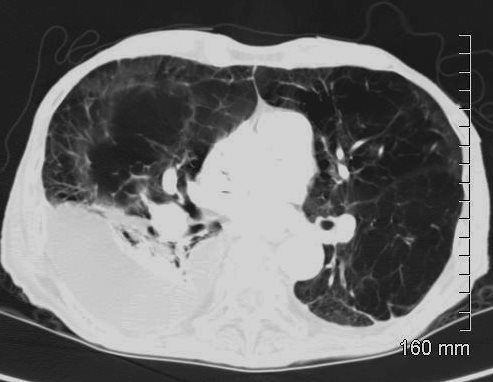
CT shows extensive severe bilateral asymmetric hyperinflation involving the upper lobes with a moderate right sided effusion with compressive atelectasis
Ashley Davidoff TheCommonVein.net
